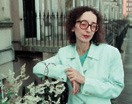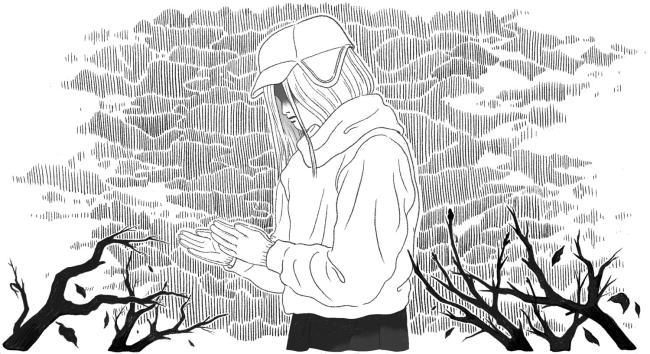
Joyce Carol Oates
Biography
Joyce Carol Oates is a recipient of the National Medal of Humanities the Ivan Sandrof Award for Lifetime Achievement from the National Book Critics Circle, the National Book Award, the Rae Award for the Short Story, and the PEN/Malamud Award for Excellence in Short Fiction, and she has been a finalist for the Pulitzer Prize in Fiction four times. She is the author of dozens of books, including Blonde (Ecco, 2000), We Were the Mulvaneys (Dutton, 1996), Because It Is Bitter, and Because It Is My Heart (Dutton, 1990), You Must Remember This (Dutton, 1987), and them (Vanguard Press, 1969). Oates has been a member of the American Academy of Arts and Letters since 1978.


